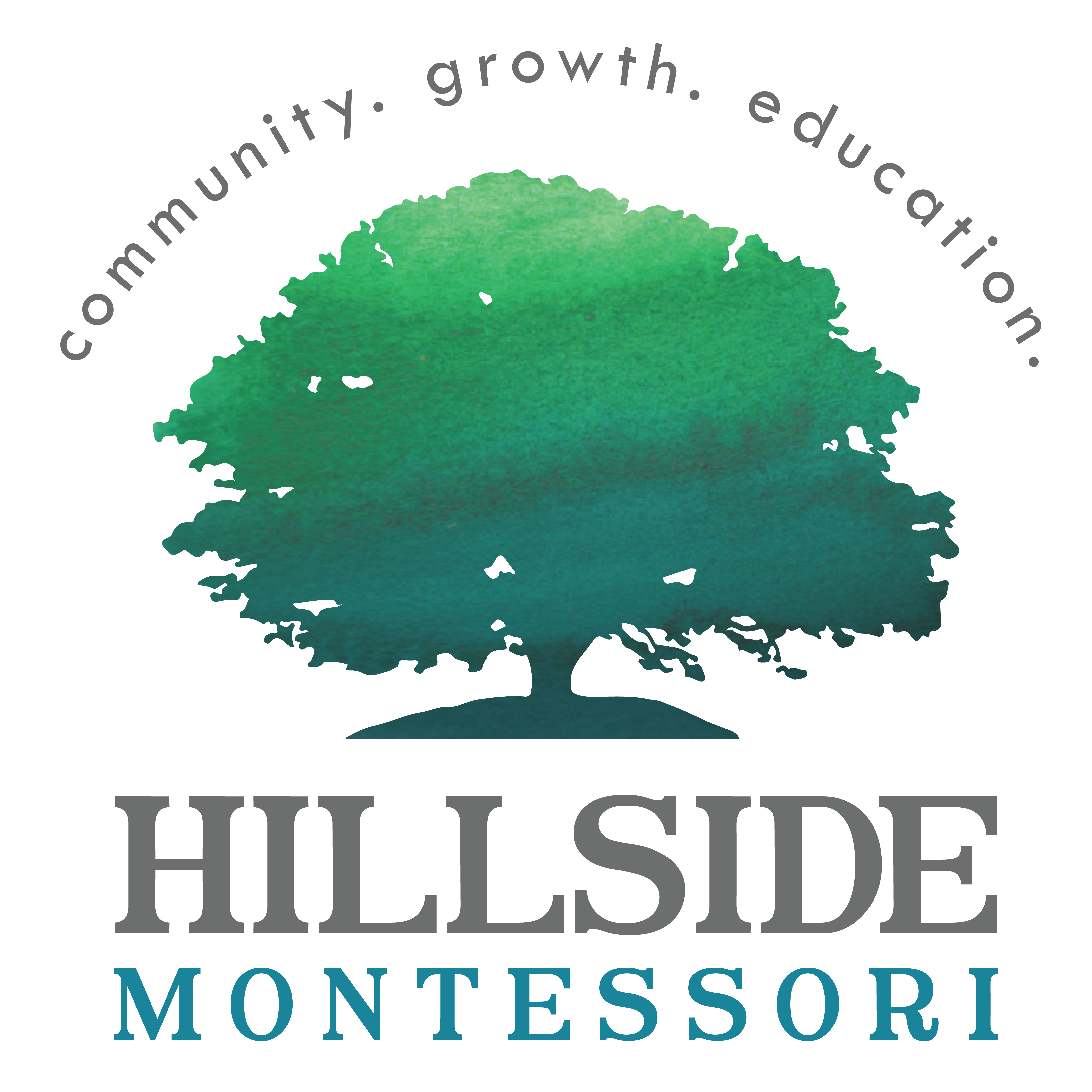There are several different, yet integrated, areas of learning in a Montessori classroom: practical life skills, sensorial development, language, mathematics, history, science, and cultural studies (geography, art, music). In addition to the available materials in each area, children might also take time out during the day to sing songs, read a story, or enjoy nature.
Children have both individual and group lessons in each area. Throughout the day, children are free to work with the activities. Emphasis is placed on helping children choose pursuits that are of interest to them, thus supporting the child’s natural curiosity and desire to learn. At the elementary (6-12 years) level, you can also expect to see children working together on projects, since collaboration at this age helps the child to become socially adapted to society and aware of the needs of others.
What you won’t see in a genuine Montessori program are systems of rewards and punishments to promote work or control behavior. In a Montessori class, children are engaged, active, and respectful because they are internally motivated, spending their time in an environment that consistently supports development of their will — that is, positive willpower and self-control.


